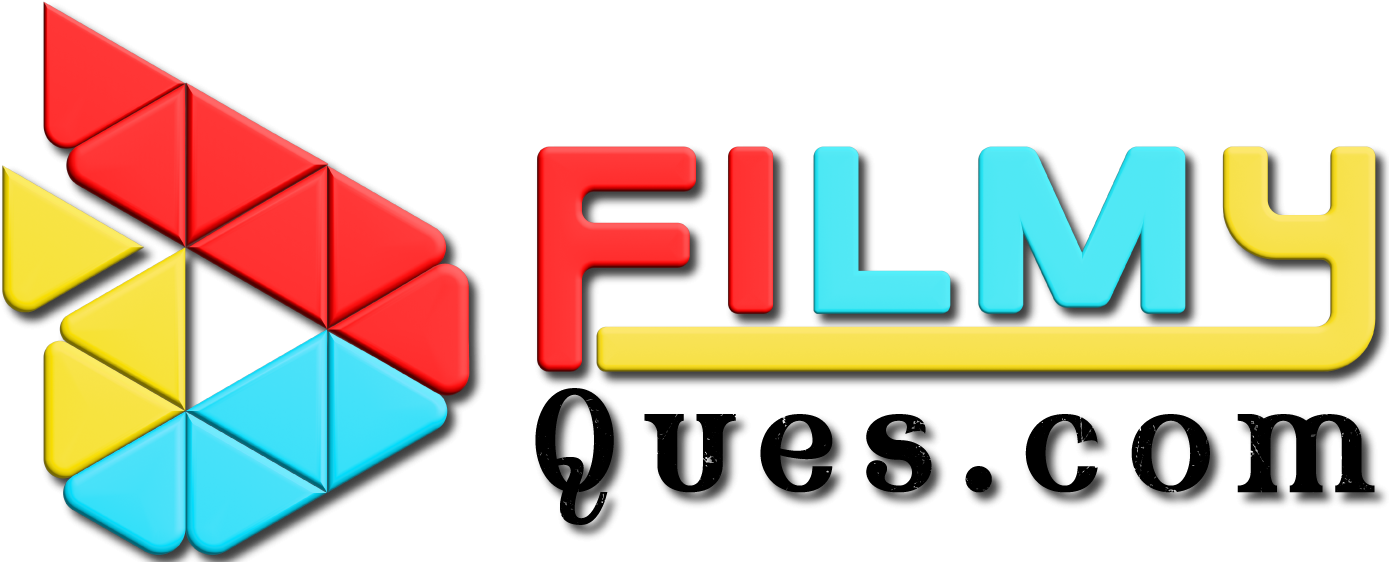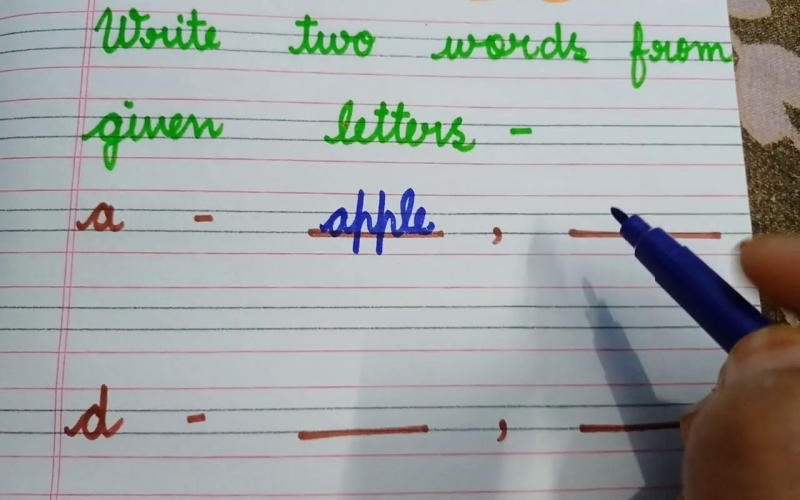Introduction:
Word games and puzzles have a unique way of engaging our minds, offering a delightful challenge that simultaneously sharpens our language skills. One fascinating aspect of wordplay is the ability to create words from a given set of letters. In this article, we’ll explore the art of making words from given letters, discussing strategies, benefits, and the joy of unraveling linguistic puzzles.
The Puzzle of Anagrams:
Anagrams form the foundation of making words from given letters. An anagram is a word or phrase formed by rearranging the letters of another word or phrase. For example, the word “listen” can be rearranged to form “silent.” Anagramming is not only an entertaining mental exercise but also an effective way to expand your vocabulary and enhance cognitive abilities.
Strategies for Word Creation:
Creating words from given letters requires a combination of strategy and creativity. Here are some strategies to approach this wordplay puzzle:
- Start with the Prefix or Suffix: Identify common prefixes or suffixes in the given letters. Building words around these components often leads to successful outcomes.
- Focus on Vowels and Consonants: Separate the vowels and consonants in the given letters. This division can help in forming words more efficiently, as vowels often act as the core structure of words.
- Explore Word Families: Once you’ve crafted a word, explore its word family. For instance, if you create the word “run,” you can then derive “runs,” “runner,” and so on.
- Use Scrabble Tiles Approach: Visualize the given letters as Scrabble tiles. Experiment with arranging them in different sequences to uncover hidden words.
Benefits of Making Words from Given Letters:
The process of crafting words from given letters offers numerous cognitive and educational benefits:
- Vocabulary Expansion: Word creation exercises encourage the exploration of diverse words, expanding your vocabulary and language proficiency.
- Enhanced Spelling Skills: Repeated exposure to word formations enhances spelling skills and reinforces the correct arrangement of letters.
- Cognitive Stimulation: The mental effort required to decipher anagrams and form words stimulates cognitive functions, fostering mental agility and flexibility.
- Language Playfulness: Engaging in wordplay cultivates a love for language and a sense of playfulness with words, making learning enjoyable.
Online Tools for Word Creation:
In the digital age, there are various online tools and apps designed to assist with word creation from given letters. These tools can be valuable resources, providing hints, suggestions, and even scoring systems to gamify the wordplay experience.
- Anagram Solver: Anagram solver tools analyze a set of letters and generate all possible words that can be formed. These tools are particularly useful when faced with a challenging combination of letters.
- Word Generators: Word generators go beyond anagrams, offering suggestions for words that can be created using the given letters. They often include filters for word length, consonant/vowel placement, and more.
- Scrabble Cheating Apps: While primarily designed for Scrabble enthusiasts, Scrabble cheating apps can be a fun way to explore word combinations and learn new words.
Challenges and Word Games:
Participating in challenges and word games that involve creating words from given letters adds a competitive and enjoyable dimension to the process. Online platforms, board games, and even smartphone apps offer a plethora of word games designed to test your word-creating prowess.
- Scrabble: The classic word game Scrabble challenges players to create words from a set of tiles, incorporating strategic placement for maximum points.
- Boggle: Boggle involves finding as many words as possible within a grid of letters. The challenge is to connect adjacent letters to form words.
- Online Word Puzzles: Various websites and apps feature daily word puzzles where users can compete or collaborate to create words from a set of given letters.
Educational Applications:
The ability to make words from given letters is not just a leisurely pursuit; it has educational applications as well. Teachers often incorporate word creation exercises into lesson plans to reinforce spelling, phonetics, and vocabulary development among students.
- Classroom Activities: Teachers can organize activities where students create words individually or collaboratively, promoting a supportive learning environment.
- Interactive Learning Apps: Educational apps designed for language learning often include modules where students can practice creating words from given letters.
Word Creation as a Form of Art:
In addition to being an intellectual exercise, crafting words from given letters can be considered a form of linguistic art. It’s an opportunity to play with the building blocks of language, experimenting with sounds, meanings, and the sheer joy of discovery.
- Poetry and Wordplay: Poets often engage in wordplay to create inventive and thought-provoking verses. Anagrams and word creations contribute to the rich tapestry of language in poetry.
- Creative Writing: Authors and writers employ wordplay to inject creativity into their works. Unique and imaginative word choices can elevate the impact of storytelling.
Conclusion: Embracing the Language Puzzle:
Making words from given letters is a delightful journey into the intricacies of language. It’s a puzzle that challenges the mind, cultivates a love for words, and offers a myriad of educational and cognitive benefits. Whether you’re engaging in word games for leisure, enhancing your vocabulary, or incorporating word creation exercises into educational settings, the beauty of crafting words from given letters lies in the endless possibilities it unveils within the realm of language.







